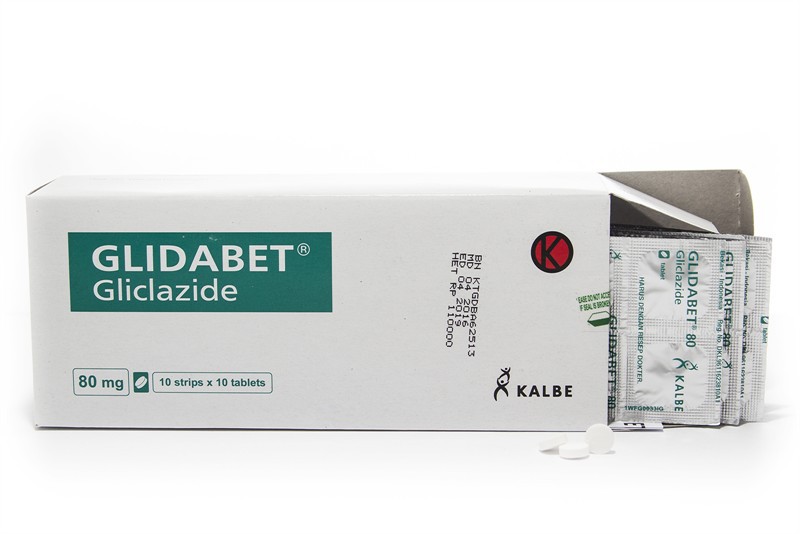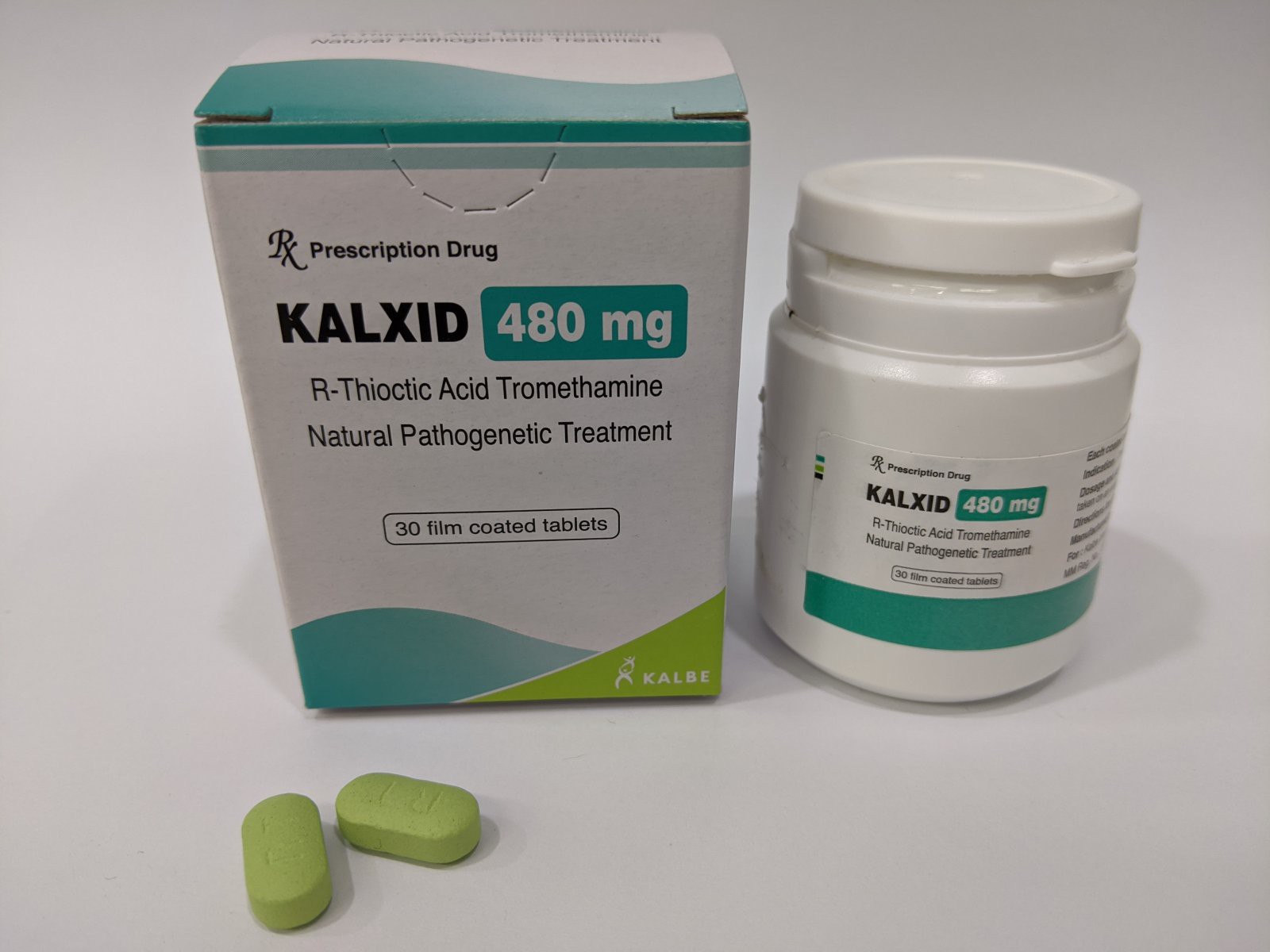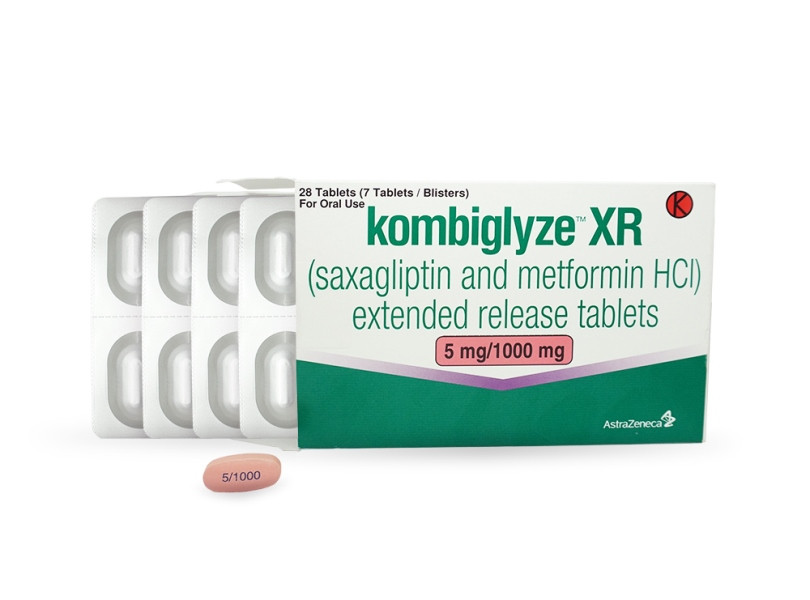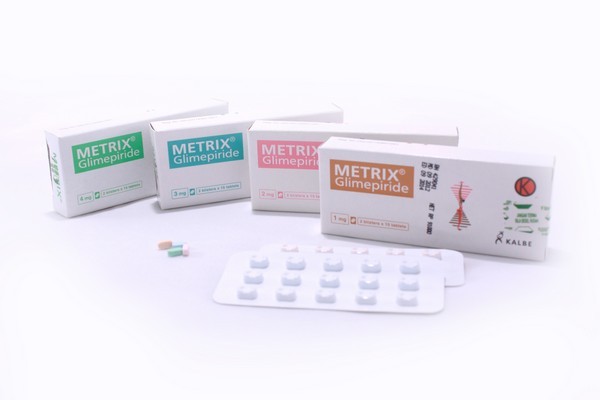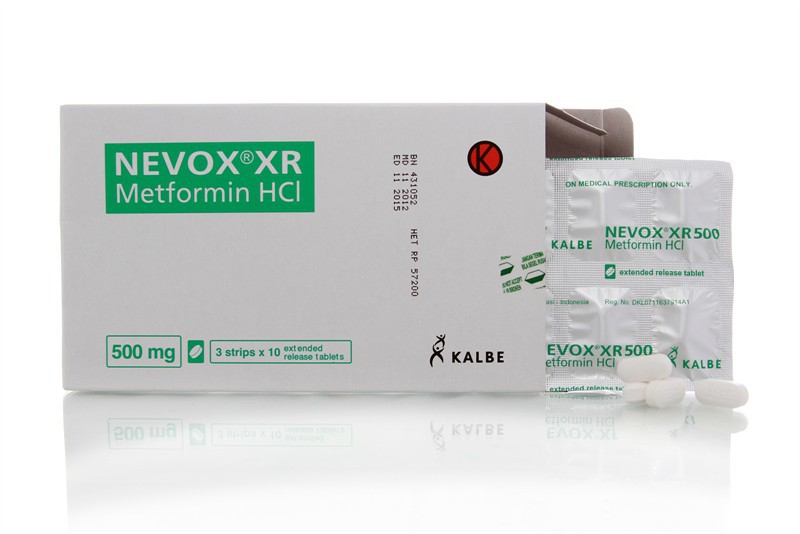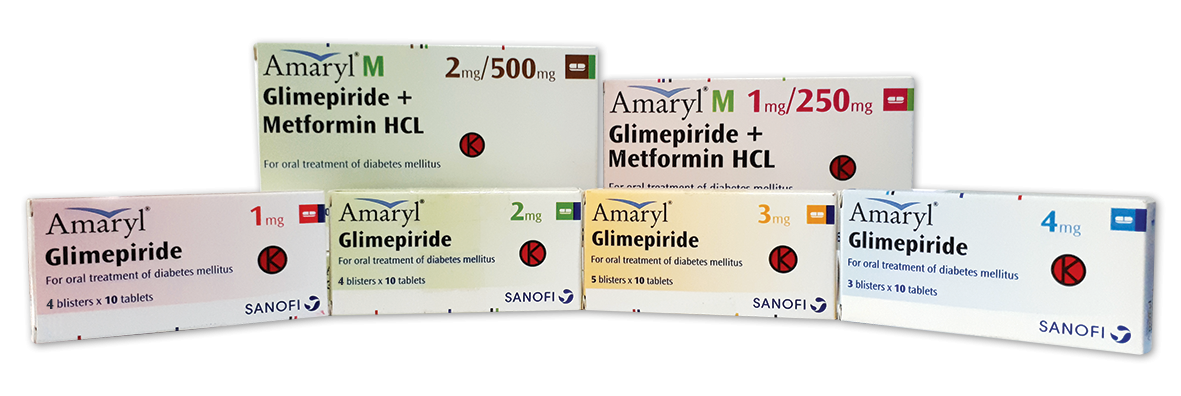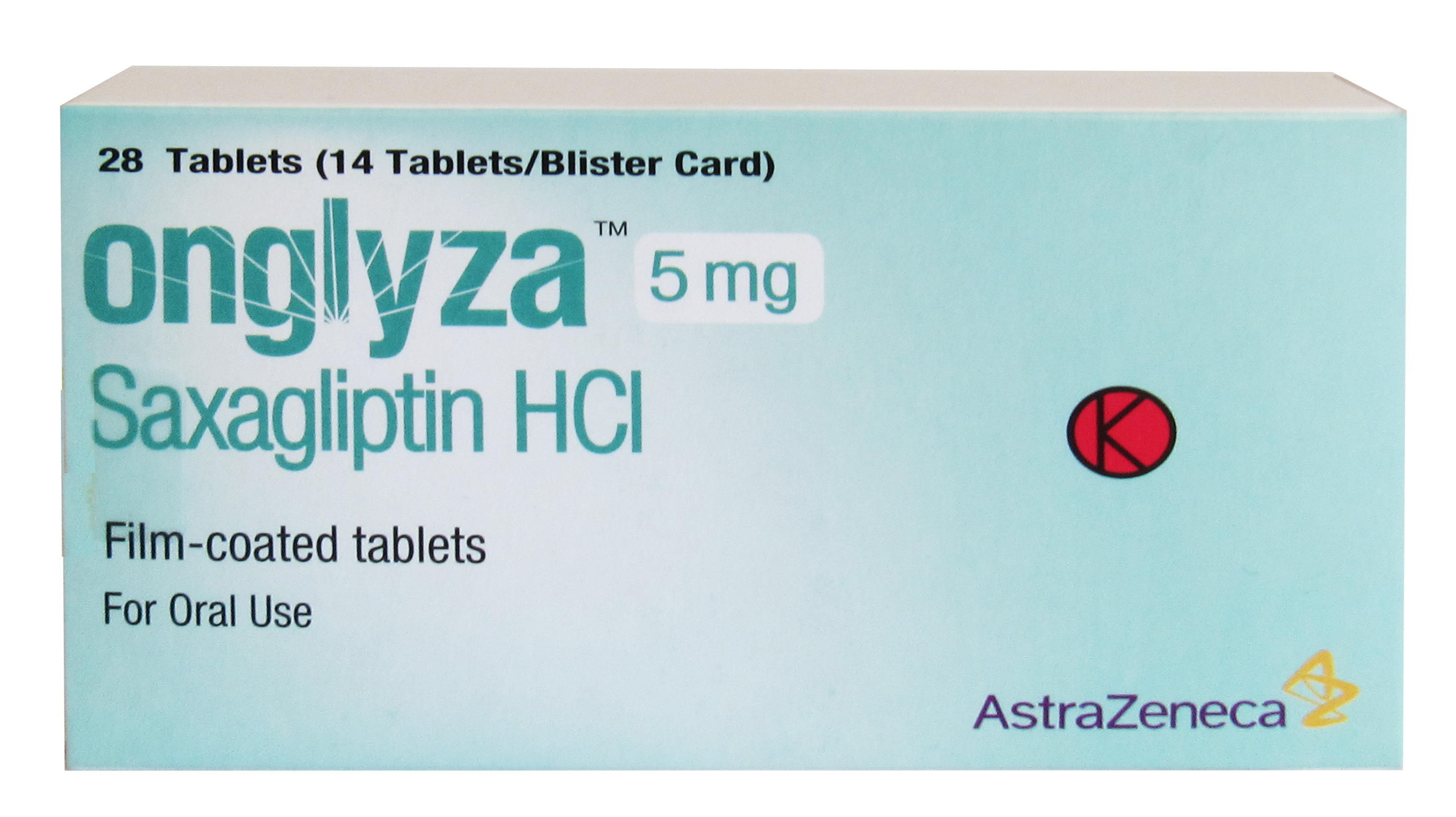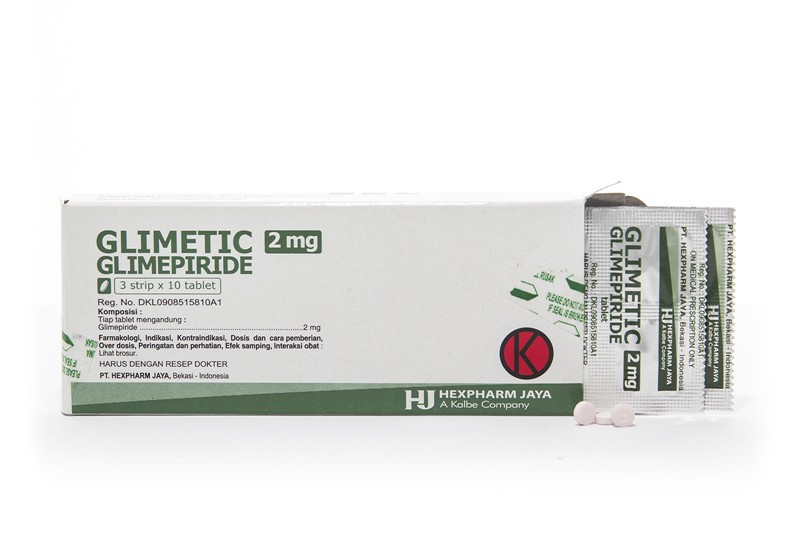
Previous studies have evaluated the effect of omega-3 supplementation on the treatment and prevention of diabetes, but the results have been inconsistent to date. A recent systematic review and meta-analysis were carried out by Delpino et al. to evaluate the effect of omega-3 supplementation on diabetes parameters (fasting blood glucose, insulin resistance, and glycated hemoglobin).
The study data came from electronic databases such as Pubmed, LILACS, Scielo, Scopus, and Web of Science until October 2020. The studies included in the meta-analysis were those that provided comparisons in fasting blood sugar parameters (mg/dL), glycated hemoglobin (% HbA1c), and insulin resistance (Homeostatic Model Assessment of Insulin Resistance/HOMA IR).
This study involved 30 RCT studies evaluating the effect of omega-3 supplementation compared with placebo in treating or preventing type 2 diabetes mellitus. A total of 27 studies provided comparisons in fasting blood glucose parameters (n=1821), 20 studies assessed HOMA IR (n=1327). ), 14 studies assessed HbA1c (n=815). The intervention time ranged from 4 weeks to 72 weeks. Omega-3 doses range from 520 mg to 17.6 grams per day. Four studies involved women with gestational diabetes.
The result is obtained:
- Omega-3 supplementation significantly reduced fasting blood glucose (SMD: -0.48; 95%CI: -0.76, -0.19; p=0.01; I2=88%).
- Omega-3 supplementation significantly reduced HOMA IR (SMD: -0.61; 95%CI: -0.98, -0.24; p=0.01; I2=90%).
- No significant decrease in HbA1c was found in the group taking omega-3 supplementation compared to placebo.
In this meta-analysis, decreased fasting blood sugar and insulin resistance were seen after eight weeks of omega-3 supplementation. One study reported the side effects of omega-3 supplementation. However, this study used a dose of 17.6 g/day, which is more than three times the maximum recommended dose. The Food and Drug Administration (FDA) and The European Food Safety Authority set the maximum safe limit for omega-3 supplementation is 5 g/day. Studies using omega-3 supplementation below the maximum recommended dose did not report side effects during the study.
The mechanism by which omega-3 can positively affect diabetes parameters is not fully understood. Animal studies have identified that omega-3s can inhibit insulin resistance by modulating mitochondrial and endoplasmic reticulum bioenergy. The role of omega-3 in lowering fasting blood glucose is thought to be related to the increase in insulin sensitivity associated with the GLP-1 receptor (glucagon-like peptide G) on enteroendocrine L cells in the intestine. In addition, animal studies have found that omega-3s increase the function of the hormone adiponectin, which plays a role in lowering fasting blood glucose.
This meta-analysis found that omega-3 supplementation reduced fasting blood sugar and insulin resistance in DM patients. The results of this study indicate that omega-3 supplementation has potential in the treatment or prevention of diabetes.
Image: Illustration
Reference:
Delpino FM, Figueiredo LM, da Silva BGC, da Silva TG, Mintem GC, Bielemann RM, et al. Omega-3 supplementation and diabetes: A systematic review and meta-analysis [published online ahead of print, 2021 Jan 22]. Crit Rev Food Science Nutr. 2021;1-14. doi:10.1080/10408398.20211.1875977












